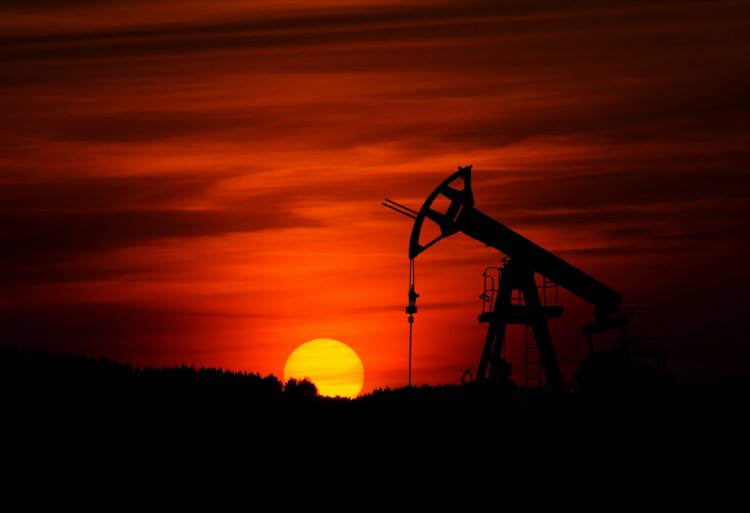No unified global energy market, security, says Russia-based Rosneft's head

Bengaluru: There is no unified global energy market and energy security is no longer global, Russia's powerful oil executive Igor Sechin said amid talk for countries coming together to check volatility in prices and ensure smooth transition to net zero.
Speaking at the India Energy Week here, Sechin, chief executive of Rosneft, said all principles of market trading have been destroyed and market pricing and contract law abolished.
Russia was slapped with sanctions by some Western countries following the war in Ukraine. Some countries in Europe stopped buying contracted natural gas. Russian crude oil was shunned, leading to it being traded at a discount to international rates.
This meant that while all major benchmark crude oil moved in a particular fashion, Russian crude was traded at discounts as high as USD 40 per barrel.
"There is no unified global energy market, and energy security is no longer global," he said.
Russia, he said, achieved more significant results than many of the world's leading economies despite unprecedented sanctions, pressure, and confrontation with almost the entire Western world.
"The implementation of major economic programmes has already become, regardless of the situation developing around us, a great psychological victory, which will predetermine our success in other areas," he said. "As a result of those actions, all the principles of market trading have been destroyed, in fact, market pricing and contract law have been abolished, and logistics chains built up for decades have been severed. A visual image is the blown-up Nord Stream."
Europe, he said, was forced to abandon long-term contracts and switch to spot pricing in sharp contrast to common sense. "Against the background of the forced green transition and underinvestment in conventional energy, this has led to an unprecedented price increase," he said.
"And when the Russian competitor was driven out of the European market by sanctions and pressure, the Americans proposed to return to long-term contracts that would guarantee a return on investment. We are talking about ordinary unfair competition," he said.
According to Sechin, Europe has completely lost its main advantage - energy security - access to cheap and reliable Russian energy carriers and is now forced to pay 3-5 times more for gas.
Abandoning Russian gas has already cost Europe about 1 trillion euro. Germany recorded a 0.2 per cent drop in GDP in Q4. The IMF predicts a recession in Europe's key economy. This concerns not only the energy sector but all industries.
"We observe the capital flight and transfer of production, primarily to the United States," said the head of Rosneft.
He said India, having become the most populous country in the world, is turning into a leader in global economic dynamics.
According to the IMF's latest calculations, half of global economic growth this year will come from India and its neighbours, with the US and the Eurozone accounting for only 10 per cent.
"It is a big country with a huge young, ambitious population, where the most important thing is dynamics. It is no coincidence that analysts and experts predict an annual growth rate of up to 7 per cent for India," Sechin said.















































